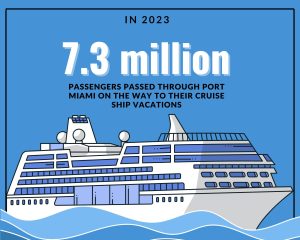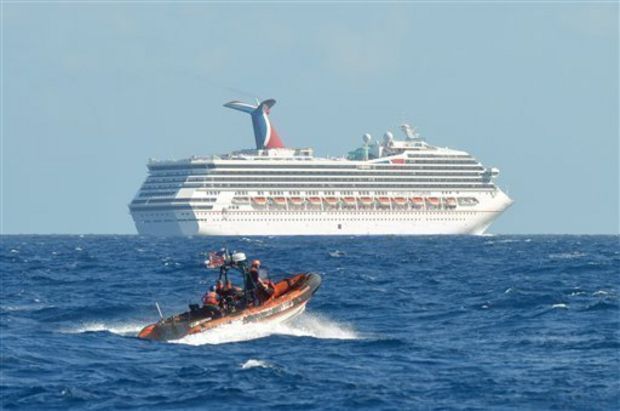Lengthy terms and conditions are scrolled past with fervor, and liability waivers are signed on digital screens in a rush. Whether it’s before a jet-ski guided tour in Key West, a parasailing adventure, or when purchasing a ticket aboard a cruise ship, people pay little mind to the language in these documents before they sign. When tragedy strikes, however, these documents are one of the first things a corporation’s attorney will point to to avoid liability.
It is important to note that these waivers do not give cruise lines a free pass to flout safety regulations. Case law out of the United States Federal District Court is evident that these waivers do not imbue cruise lines with an impermeable shield, saving them from being held liable. Instead, these waivers can be used in court to show that a cruise line tried to warn the injured party of the risks associated with a certain activity. In the event of an injury, passengers are still able to pursue compensation for damages at the hands of negligent corporations despite having signed a waiver.
In Florida, where cruise lines dock at five main ports transporting millions of passengers in and out of the state every year, liability waivers are frequently used by vendors in an attempt to protect themselves. Under state law, these waivers stand only when safety regulations, as outlined in Chapter 327, Florida Statutes, are followed. For example, jet-ski rentals and guided tours, which are thriving businesses in a state known for its sparkling waters and warm weather, have routinely displayed their disregard for these regulations. Under these regulations, vendors are required to give pre-ride instructions to include operational and safety instructions, warnings of local hazards, navigational instructions, and details about what to do when there is a change in weather and or water conditions. In the 48-year experience in South Florida, Leesfield & Partners attorneys have learned that these companies are more likely to give a safety rundown that is too brief, if they give one at all.
 Cruise Ship Lawyers Blog
Cruise Ship Lawyers Blog




